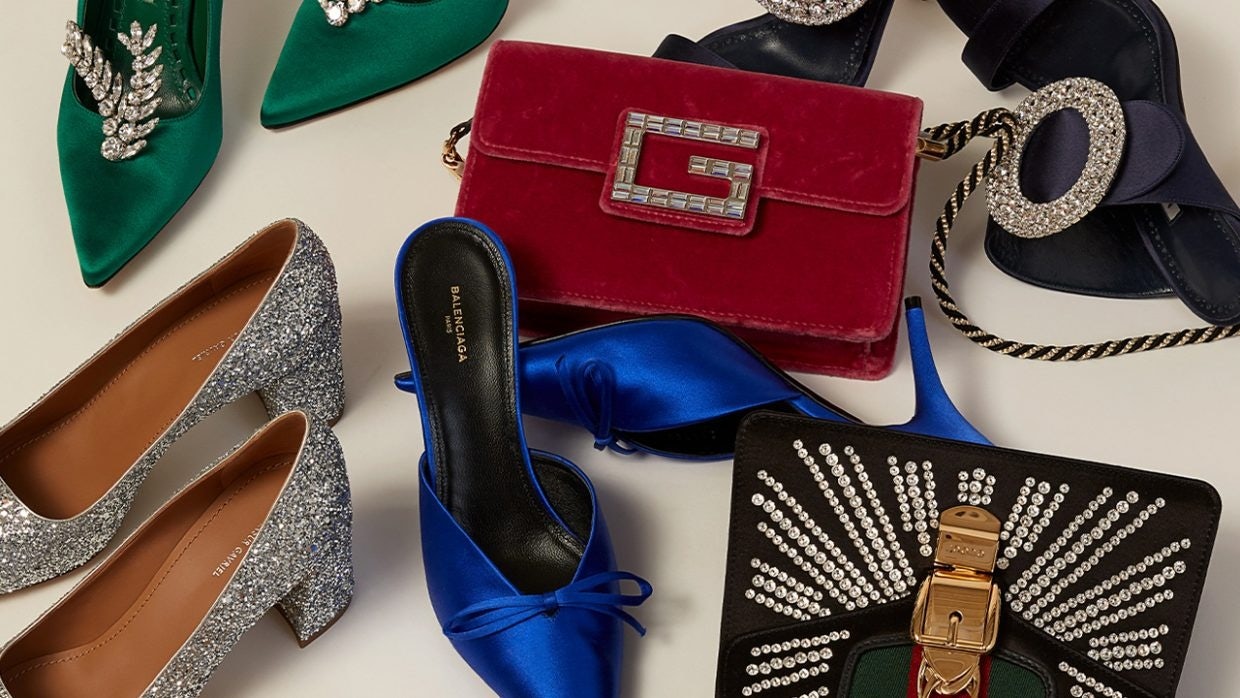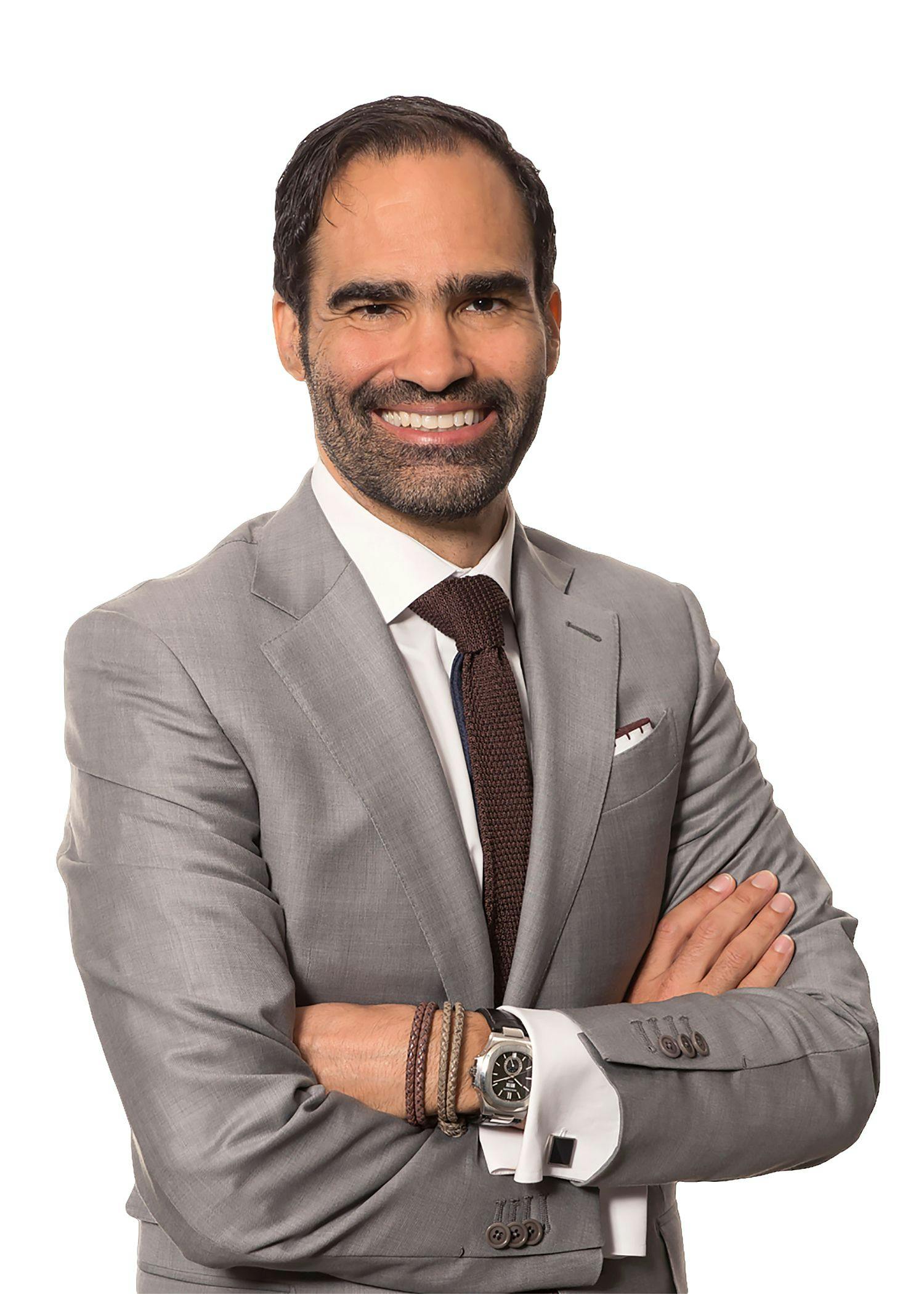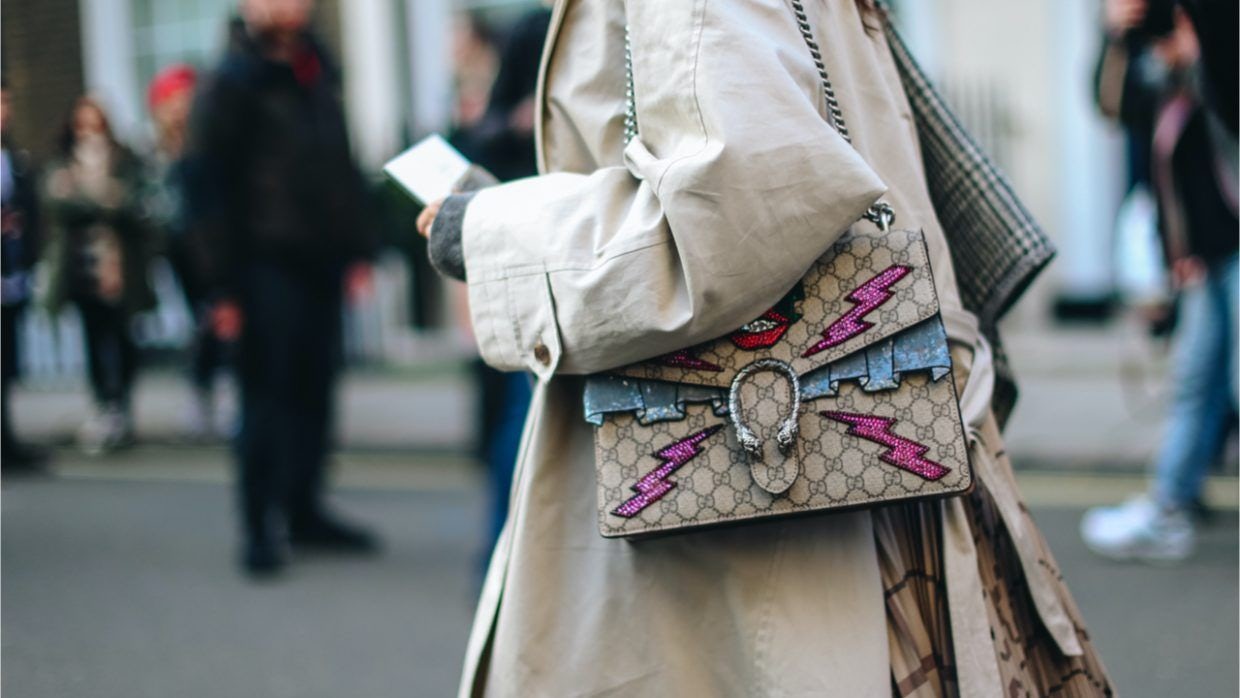Last week, Bain & Company published a study predicting the collapse of the luxury sector with a drop of -35%. Apart from the impact of the lockdowns, frugality and a shift towards more cautious spending were cited as reasons. Bain expects that the luxury market will need at least three years to get back to 2019 levels. This was not welcome news to luxury CEOs, and many so-called “experts,” who indulge in amplifying negativity, popped out of their quarantine bubbles, predicting that what we are now seeing is the end of luxury as we know it.
So, should we all give up?
While no one can predict the future with any certainty, I have a different take on how the luxury market will react, based on my research and many discussions with top luxury brands worldwide. To begin with, 2020 will be bad, if not very bad. However, I see a faster and swifter rebound than most, with strong dynamics already in the second half of 2021 and a steady growth dynamic from 2022 onward.
Given this, I advise brands to forget the market for the moment and focus on their immediate situation, because the market is only partly relevant for the performance of a brand. In a downturn, not all brands are impacted in the same way. Some will rebound, some won’t. Instead of hoping for external help, managers now need to do their homework and clean their houses. There must be a sense of urgency, and the time to act is now.
The big unknown here is the exact nature of the COVID-19 crisis itself. No one knows how long it will last and how deep it will cut, but we all know it’s worse than any recession we’ve gone through. Beyond simply a demand crisis, in which consumers are spending less because of economic reasons, there are two additional components that need to be examined.
First, many consumers are in fear. They’re worried about contracting the virus and about the potential hazards of entering crowded spaces, like malls. Leading mall operators in China that have approached us to optimize their store foot traffic were reporting that consumer behavior has changed significantly. Instead of leisurely browsing in a mall for hours, people now seem on a mission — get in and get out. Most shoppers, however, are still focusing on groceries and essentials, leaving many fashion retail stores, restaurants, and coffee shops with dramatically less foot traffic than before.
Others are afraid to lose their jobs, or they have already. Those consumers will be — most likely — out of the luxury market for some time. However, there will be many who won’t be affected significantly, especially at the top-end of the market. Hence the luxury sector, in particular at its high-end segment, will be much more robust than other segments, especially those poorly defined brands “in the middle.” For many of these brands, there will be no future.
Given all these uncertainties, it’s time to refocus on luxury as extreme value creation. Is your brand positioning strong enough? Are you creating value versus your nearest competitors? Do consumers have a reason to come to you? Address your gaps now, forcefully, before it is too late.
Second, in many sectors, there is a supply crisis. Want to go on a cruise? Impossible, as the fleets are docked. Flying to the Côtes d’Azur for a quick getaway? Again, not possible, or not without a lengthy quarantine. Plus, the beach is closed and the hotel too. Want to buy a Lamborghini? Difficult with many dealerships still in lockdown. Or perhaps an Italian handbag, which might be possible to purchase, although you might have to wait months in some cases, as many factories are still shuttered. This is how the supply crisis compounds the effect.
Does this mean that the luxury market as we know it is dying? Does this mean that consumers won’t want to buy luxury anymore? Does it mean that luxury will become more stealth, less conspicuous? The answer is no! At least not as a general tendency. Yes, some consumers will change their preferences, and many consumers will temporarily drop out of the market. But this does not mean that the fundamentals have changed. The reasons why consumers continue to buy luxury goods has never changed — through no crisis, no war, no disruption.
But expectations change, expressions of luxury change, and preferences change. And they will continue to evolve. I expect disruption and change to continue, only at an accelerated speed. COVID-19 does not change the fundamentals, but it accelerates the changes that were already visible before. And it will make consumers think twice: they will scrutinize your brand, and you better entice and “wow” them with what you do, otherwise, they will turn around.
Although the onset of the COVID-19 pandemic has been devastating, some people still want to indulge. They want to be inspired and are seeking brands that provide them with something extraordinary, something with extreme value. They want brands that connect with their purpose and deliver unforgettable experiences, unapologetically. They want brands that communicate with them in relevant ways, even though the crisis. Brands that make them proud, brands that entertain them, brands that are very good digitally — and not for beginners, but digital natives.
https://www.youtube.com/watch?v=SWmTZ0zOdrg
For example, there’s the latest Gucci campaign, which shows happy people in nature interacting with a deer. It’s beautiful, creative, unexpected, cheerful, and absurd. Most importantly, it is a consequent expression of Gucci’s unique and highly relevant brand positioning. And it is digital. If you are not excellent on your digital journey, you need to change now. This is the advice luxury managers need to follow in times of crisis. Focus on creating an unforgettable experience for your customers. Create extreme value for them every day. Be there for them as if they are your family. This will lead consumers when they are ready to spend.
So yes, it’s the end of luxury for complacent, hibernating brands that are choosing to focus on cost management while forgetting about their customers. Brands run by controllers, rather than visionaries. At the same time, we will see a new dawn for the playful, witty, optimistic, and bold brands that excite through compelling brand stories connect deeply with their customers, and above all, create value most extremely. There is no alternative to excellence when times get tough. It is an opportunity, even an obligation for brands to redefine themselves, reconnect, and reinvent to indulge, inspire, and innovate. The time for luxury is now.
Daniel Langer is CEO of the luxury, lifestyle and consumer brand strategy firm Équité, and the professor of luxury strategy and extreme value creation at Pepperdine University in Malibu, California. He consults some of the leading luxury brands in the world, is the author of several luxury management books, a global keynote speaker, and holds luxury masterclasses in Europe, the USA, and Asia. Follow @drlanger


